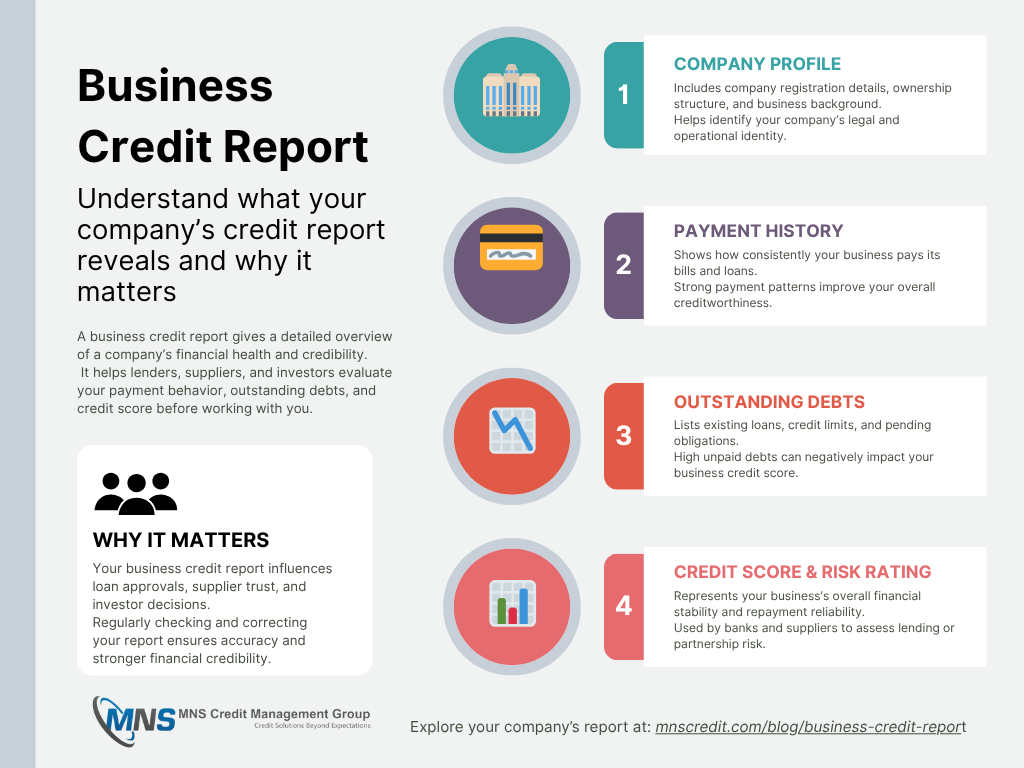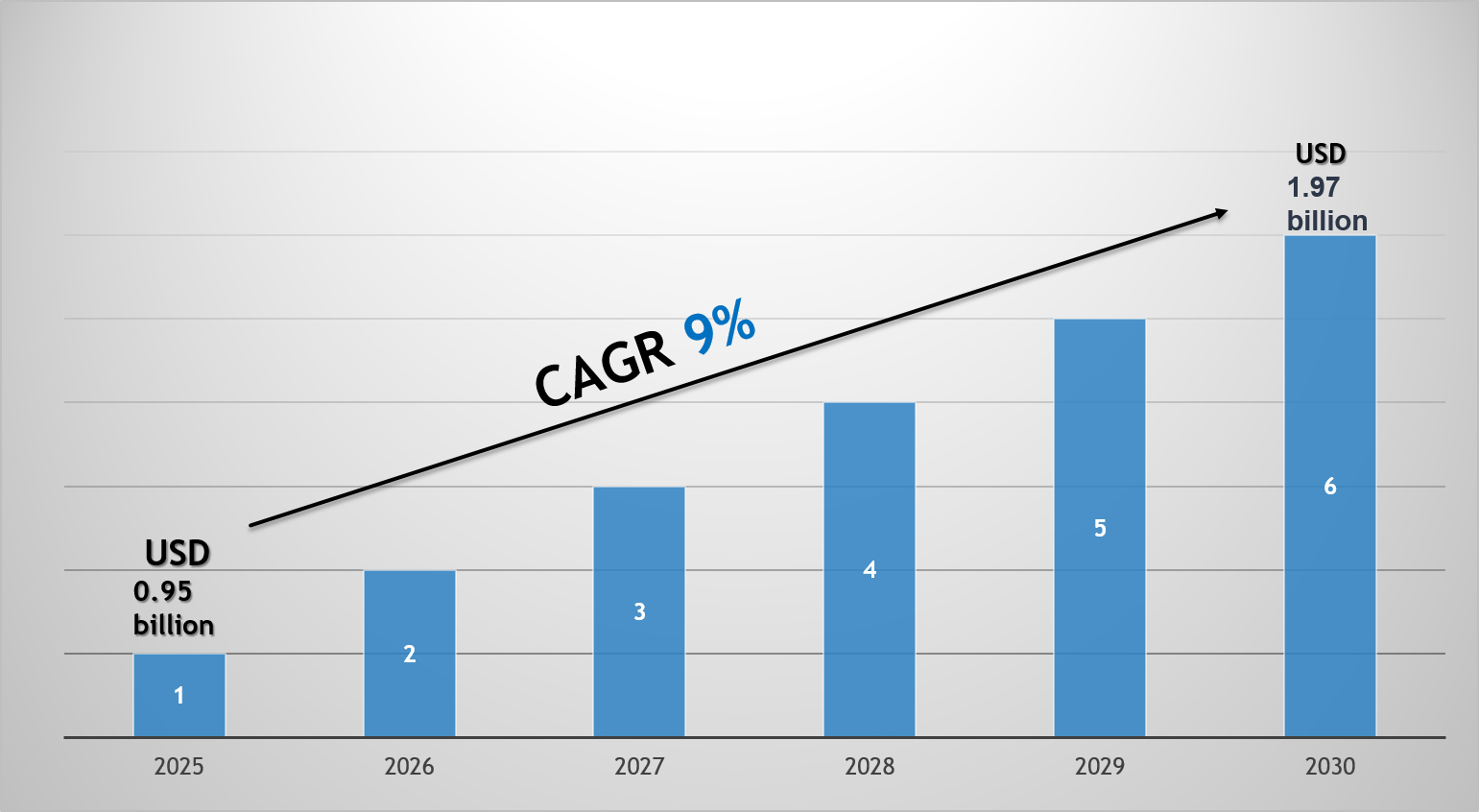Business Credit Report: The Financial Mirror Every Company Needs

In today’s fast-moving business world, your company’s financial reputation matters more than ever. A Business Credit Report acts as your business’s financial mirror - revealing how trustworthy and stable your company appears to lenders, investors, and suppliers.
Just like individuals have personal credit scores, businesses too have credit profiles that influence funding opportunities and long-term credibility. Understanding what’s inside your credit report and reviewing it regularly is crucial to building a strong foundation for growth and trust.
What Is a Business Credit Report?
A business credit report is a detailed record of your company’s financial behavior and creditworthiness. It is compiled by credit bureaus using data from banks, vendors, and other financial institutions.
It includes information such as:
-
Company background: Legal structure, registration details, and ownership.
-
Payment history: How consistently you pay suppliers and lenders.
-
Outstanding debts: Any current credit lines or overdue payments.
-
Public records: Court judgments, liens, or bankruptcies (if any).
-
Credit scores: Numeric ratings that reflect your company’s risk level.
These elements help third parties evaluate whether your business is a safe credit risk or a potential liability.
Why Is a Business Credit Report Important?
For growing businesses, reputation is everything. A strong business credit report can:
-
Improve loan approvals: Lenders rely on these reports to decide whether to extend credit or loans.
-
Boost supplier confidence: Vendors often check your report before offering goods on credit terms.
-
Attract investors: A healthy report reassures investors that your business is financially disciplined.
-
Detect fraud or errors: Regular checks help identify inaccurate data or suspicious activity early.
In short, it’s a credibility passport for your business.
Business Credit Report vs. Personal Credit Report
While both serve the same purpose — evaluating creditworthiness — there are some important differences:
| Aspect | Business Credit Report | Personal Credit Report |
|---|---|---|
| Entity Covered | Registered company or business | Individual |
| Credit Bureaus | Dun & Bradstreet, Experian Business, Equifax Business | CIBIL, Experian, Equifax, TransUnion |
| Score Range | Typically 0–100 | Typically 300–900 |
| Public Access | Often accessible to lenders, suppliers, and partners | Private — shared only with the individual |
| Use Case | Evaluates business loan eligibility, supplier trust | Evaluates personal loan or credit card eligibility |
Understanding this difference ensures you manage both aspects of credit smartly — your business and personal financial profiles.
How to Check Your Business Credit Report
Performing a credit report check is easier than ever. Many authorized credit bureaus provide online access to your company’s report. You can:
-
Visit trusted financial credit bureau websites.
-
Register or create your company profile.
-
Request your Business Credit Information Report (CIR).
-
Review and monitor it periodically to stay updated.
Why Regular Monitoring Matters
Ignoring your business credit report is like driving without a dashboard. Regular monitoring helps you:
-
Spot sudden score drops or fraudulent activity.
-
Ensure vendors and banks report accurate payment data.
-
Maintain a strong financial reputation when bidding for contracts or partnerships.
Consistency is key — the more stable your report, the more attractive your business becomes to others.
Conclusion
A Business Credit Report is not just a financial document; it’s a strategic asset. It reflects your credibility, discipline, and ability to manage responsibilities. By regularly checking and maintaining your report, you ensure your business is always ready for funding, partnerships, and growth opportunities.
Don’t wait for financial surprises — take control of your credit reputation today.








